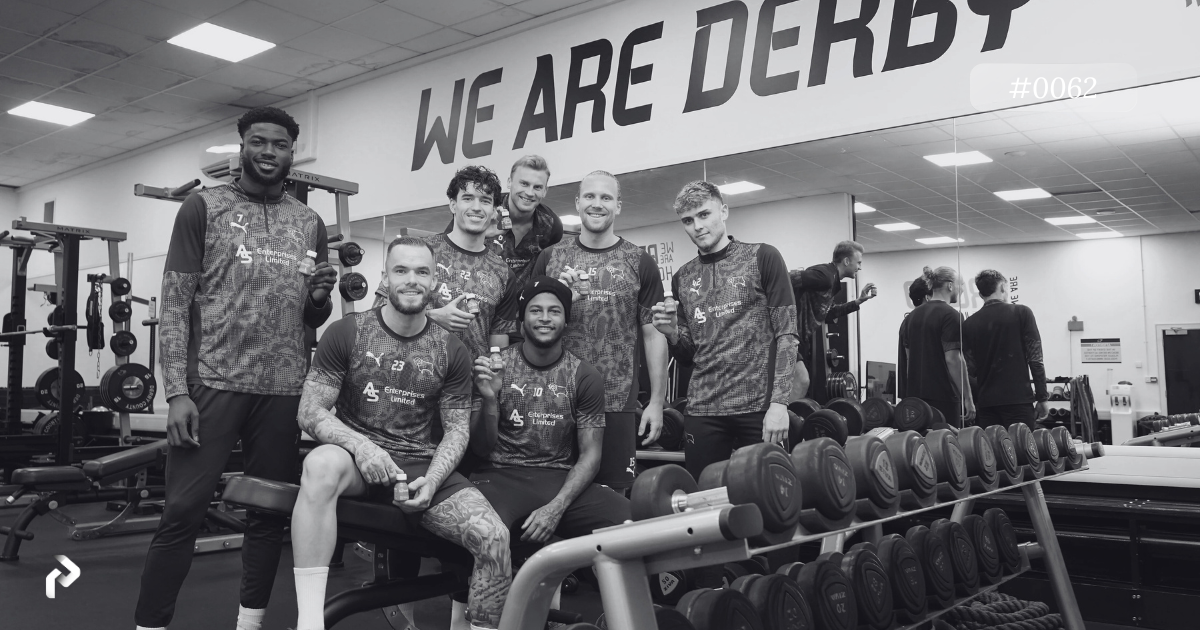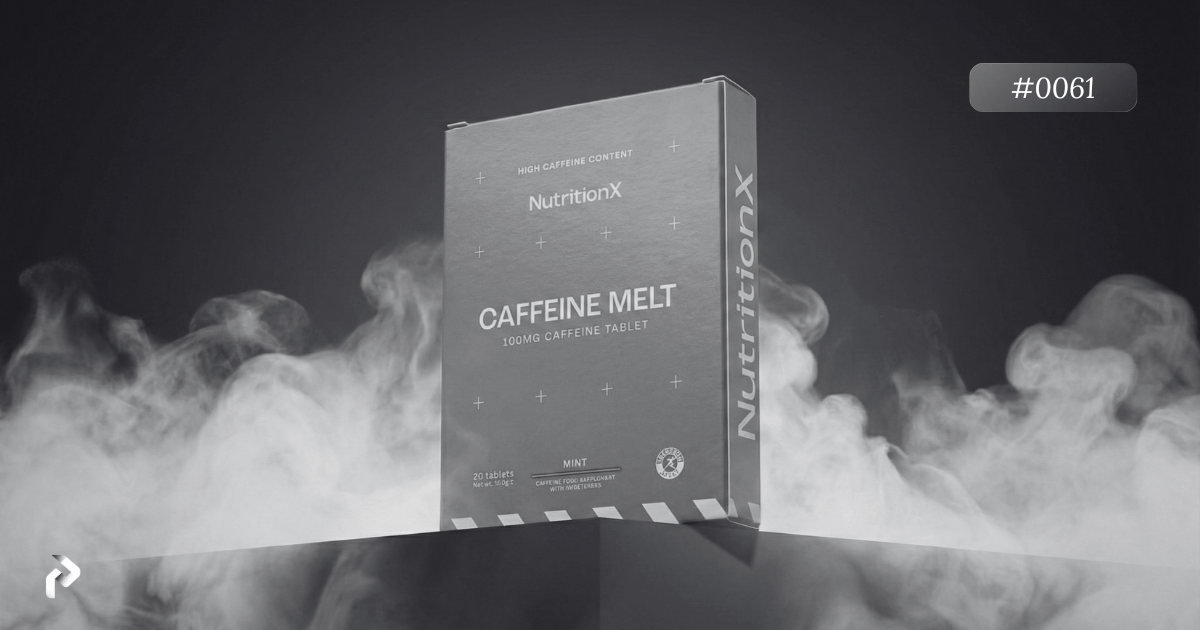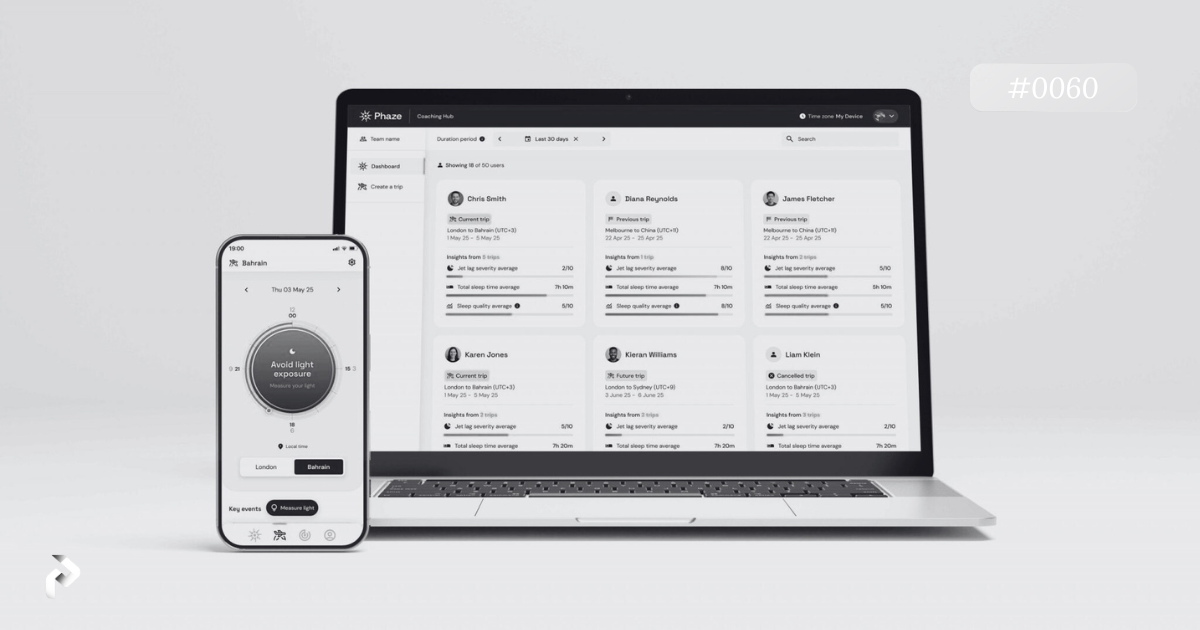
Dear Coaches,
Here’s what’s coming up today:
Expert Opinion
"Same Dose, Different Results": The Ketone Individualisation Problem
Henry Martin observed something during his PhD research that creates practical challenges.
Individual responses to ketone esters vary dramatically.
During his study at Liverpool John Moores, Martin tracked blood ketone levels after supplementation.
Some participants reached upwards of 4.5 millimoles. Others hit around 2 to 2.5 millimoles. That's more than double the response difference.

The practical implications become clear quickly. At £89 for three bottles, you need to know if the supplement is actually working.
One athlete might achieve high ketone levels. Another taking the identical dose might see much lower elevation.
Martin highlighted the challenge:
"I think it's also very individualised in how the player responds to that."

This creates complexity beyond simple supplementation. Instead of following standard dosing, you're looking at individual testing and adjustment.
The target is achieving nutritional ketosis—anything above 0.5 millimoles according to Martin.
This transforms ketone supplementation from following label instructions into personalised testing and adjustment.
The expensive supplement now requires additional investment in individual optimisation.
Resource Roundup
News & Resources
Performance Tech
Nomio Broccoli Juice
Performance nutritionists should prepare for questions about broccoli sprout supplementation.
Emerging research suggests isothiocyanates—compounds found in cruciferous vegetables—may influence exercise metabolism through novel pathways.

The preliminary science:
Studies indicate these compounds might activate Nrf2-dependent antioxidant systems, potentially affecting how muscles respond to oxidative stress during intense exercise.
Early findings suggest possible reductions in blood lactate accumulation, though the mechanisms remain under investigation.
The product and research team:
Nomio, a Swedish brand, delivers stabilised isothiocyanates from broccoli sprouts in a simple three-ingredient formulation: broccoli sprout extract (80%), lemon (15%), and sugar (5%).

Nutritional profile per 100ml: 27 kcal, 6.7g carbohydrates (6.1g sugars), minimal protein and fat content, low sodium at 4.8mg.
The research originates from Karolinska Institute, with scientific advisors Professor Jon Lundberg and Professor Eddie Weitzberg—the same team behind nitrate supplementation breakthroughs.

Lead researchers Dr. Filip Larsen and Dr. Michaela Sundqvist from Swedish School of Sports Science have focused specifically on isothiocyanate applications in exercise physiology.
Why this matters for your practice:
Clients will likely ask about isothiocyanate supplementation following coverage in cycling media.
The research is legitimate but limited—four key papers provide some of the current evidence base.
Essential reading for evidence-based responses:












